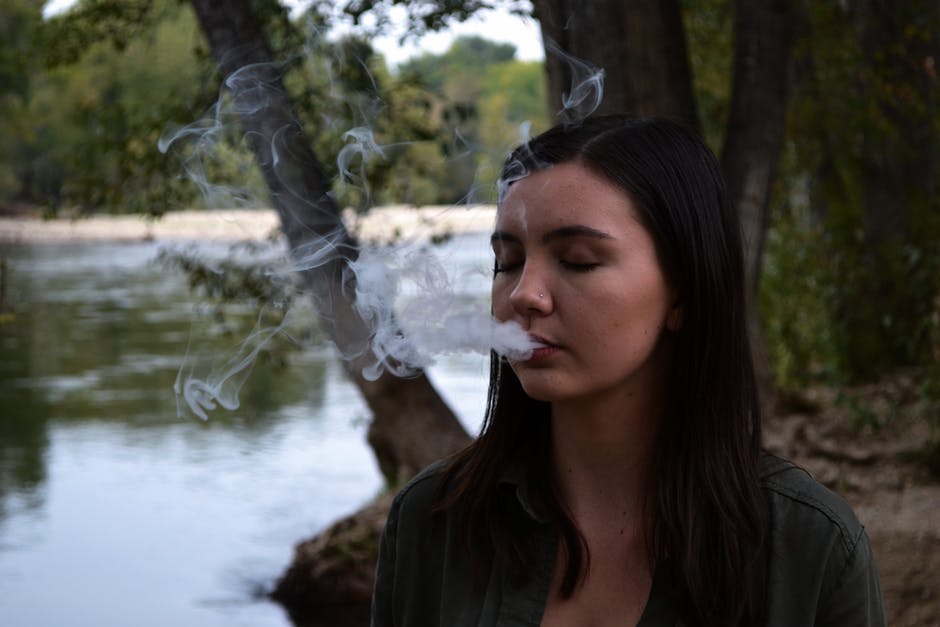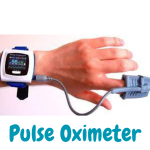As parents, you are always looking to protect your children. There are many dangers in this world, and being vigilant and informed can help keep you in front of potential problems.
Experimenting with drugs and alcohol is common in adolescent years, and peer pressure makes it an even greater risk. Not everyone who uses drugs becomes an addict, but there are certain warning signs to look for if you suspect something is wrong or different with your child.
There is no exact formula, and not everyone has the same symptoms as there are many different types of substances and each individual is unique.
However, there are some basic warning signs to watch out for.
Let’s take a look at seven signs of addict behavior.
Table of Contents
1. Being Secretive
As your child becomes more independent, it is normal that they want to have some privacy, but there is a difference between privacy and secrecy. When someone is doing drugs and trying to hide the behavior, they will often become evasive about their activities.
If you can’t get a straight answer to a question about where they were or what they were doing, that is a warning sign of drug addict behavior. Also, if their answers are defensive and they try to re-direct the conversation, clearly they are trying to hide something.
2. Physical Changes
Drug and alcohol use can cause physical changes within your child. Some are noticeable right away, while others take more time to show up.
Eyes are one of the first places drug abuse shows up. Bloodshot eyes are very common in both drug and alcohol use. Some drugs also cause constricted or pinpoint pupils.
Weight changes are another warning sign. Marijuana will increase someone’s appetite and will probably eat more and gain weight. Other drugs, like Adderall or cocaine, are stimulants and cause them to lose weight.
Drug use can also cause changes to someone’s skin. Their complexion may become pale, and acne may become a problem. Also, if your child is injecting drugs, you may be able to see scars, bruises or even track marks.
Another sign is poor hygiene. Someone who is using drugs or alcohol stops caring about their physical appearance. They do not bathe, take care of their teeth or stop other grooming habits. It is very easy to tell when this happens.
3. Abandons Hobbies
Before the substance use started, your child had hobbies and activities they enjoyed doing. Once the drug takes over in their brain, they begin to lose interest in everything they once loved.
The drug, and the feeling it brings becomes the most important thing in their life. If your child has abandoned what use to bring them joy, that is a huge warning sign that substance abuse is taking over their life.
4. Financial Problems
Drugs are not cheap. At first, it probably wasn’t too expensive, because it didn’t take as much to feel the high. However, as the addiction progresses, they will need more and more money to pay for it.
Some individuals will steal money from others. They may also steal items they can sell. If you notice either of these missing from your home, that could be the reason. They may also sell something of theirs that is valuable to buy drugs.
Another tactic is to ask you for money for things they don’t really need and then use the money for drugs.
Here is some advice if you have trouble saying no when your family asks for mone
5. Isolation is Another Sign of Addict Behavior
Individuals who are abusing drugs are often ashamed and want to hide the person they are becoming. They may begin to isolate themselves. They do not want to explain their behaviors or noticeable physical changes.
Drug use can also cause depression, anxiety and other mental disorders that make a person want to pull away from the ones who love them.
On the flip side, they may develop friendships with other addicts. They are drawn to others with the same problems. If your child suddenly has a new circle of friends that concern you, this may be the cause.
It is also important to note that this is not your fault. You did not cause your child’s addiction. You will need to silence your inner critic and choose self-compassion.
6. Neglecting Responsibilities
In addition to neglecting their previous friends, they will also become careless in their daily routine and responsibilities. Household chores may be ignored or done in a sloppy manner. They will forget appointments and become unreliable.
If they attend school, they may start missing classes or not turning in assignments. If they have a job, there will be more missed days or even poor performance evaluations.
Doing drugs becomes the priority, and all other activities take a back seat.
7. Unstable Mood
One of the biggest signs of drug and alcohol abuse is an abrupt change in mood and erratic behavior.
Substance abuse changes the chemistry of the brain. As a result, they may develop a completely different personality. They may also exhibit excessive mood swings.
If they are under the influence, they could be hyper, excited and buoyant. When they start to come down, they will appear irritable, sad or even become abusive.
The drugs may cause paranoia and obsessive thoughts. They will not trust anyone and act suspicious of others, even those who are trying to help them.
What to Do If You Suspect Your Child Is an Addict
If you have discovered your child has a substance abuse problem, you need to take immediate action.
The first step is finding help in overcoming the substance abuse problem. The best option may be a drug treatment center. Your child will be in a safe environment and monitored through the withdrawal and recovery process.
They will also be given coping skills to assist in their sobriety once they are released.
It is important to maintain an open communication line without judgments. Your child will need to feel your unconditional love and support while they work through this disease.
The Future
Knowing the warning signs of addict behavior gives you and your child the best chance to catch and stop this disease. Taking quick action and standing by your child during the recovery process will set them up for a successful, drug-free future.
For more informative articles, or if you have something to say, visit us today.








